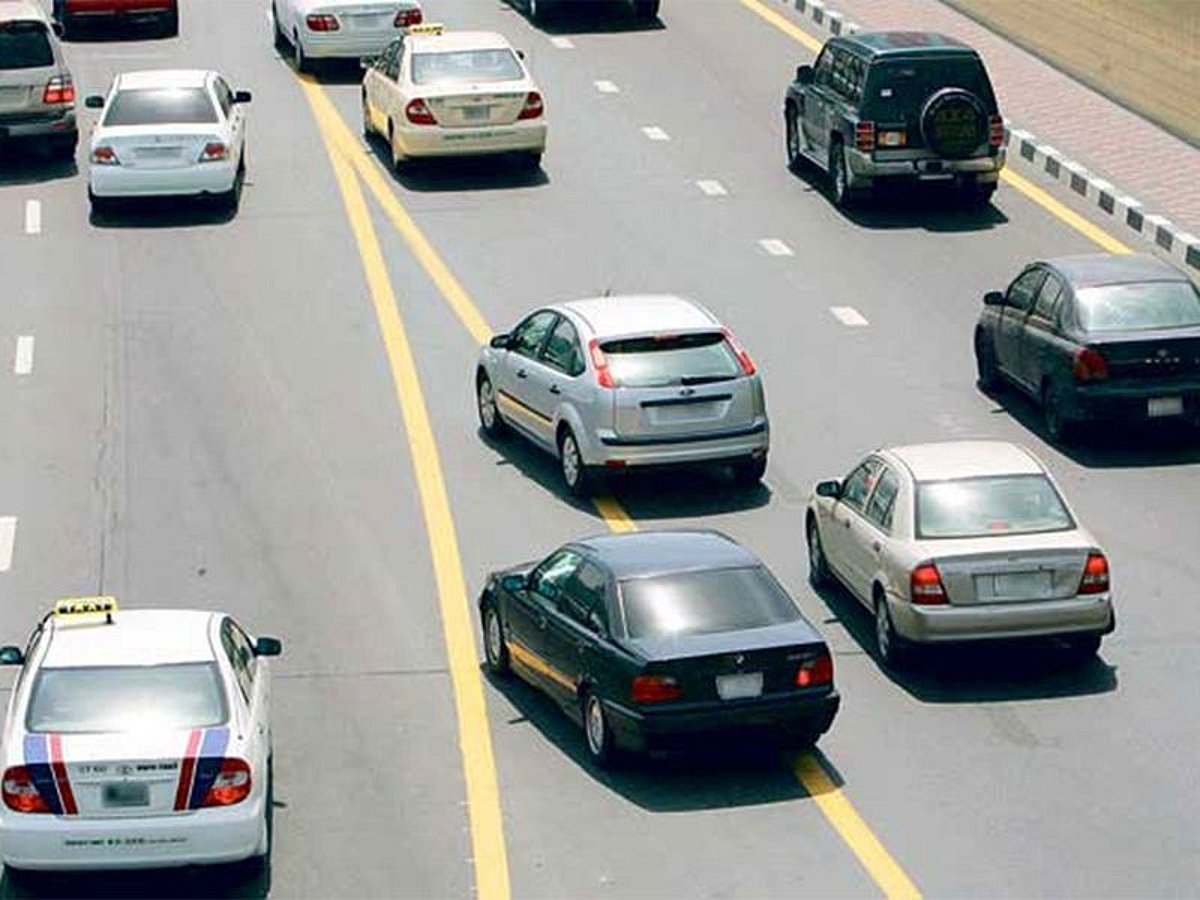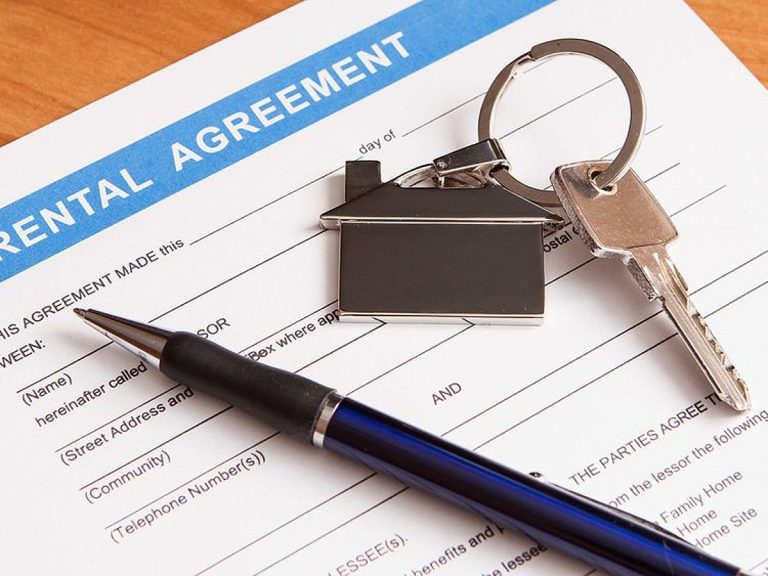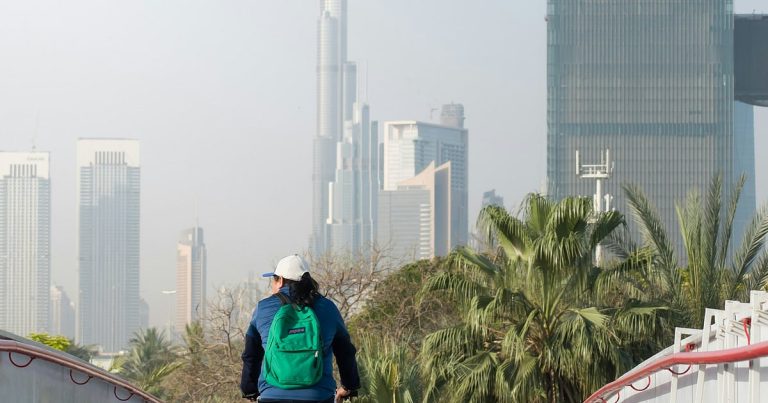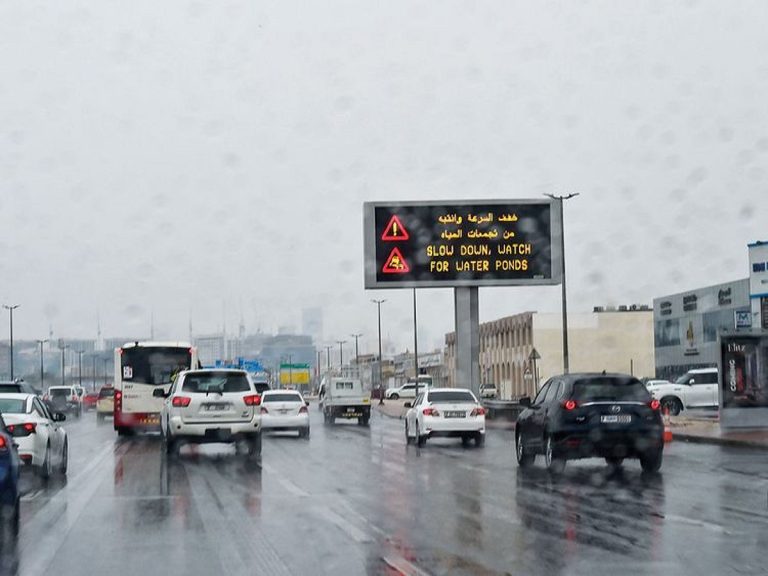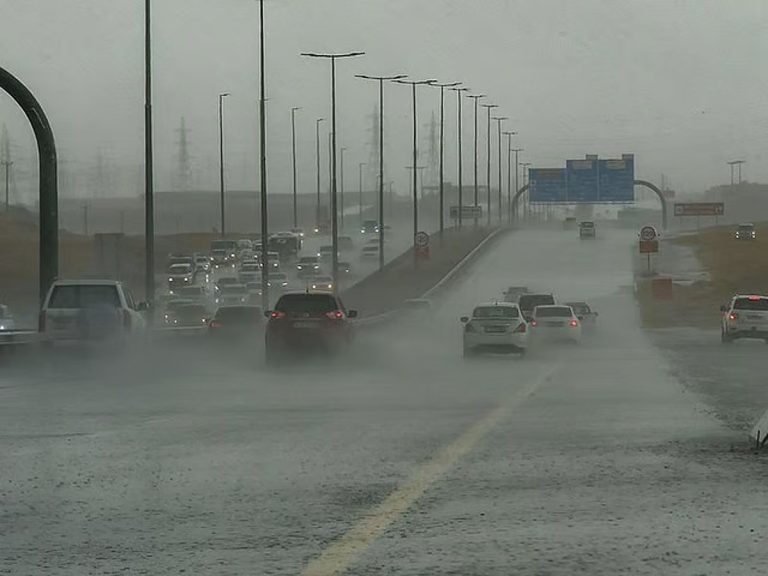Health Risks of Caffeine for UAE Drivers on Long Trips
Long road trips are a common experience for many motorists, and for some, coffee serves as a vital source of energy. However, health professionals in the UAE are raising concerns about the potential dangers of relying too heavily on caffeine to maintain alertness while driving. While caffeine can enhance focus temporarily, excessive consumption can lead to adverse effects that may impair driving abilities.
The Impact of Caffeine on Driving
Caffeine is widely recognized as a stimulant that can temporarily increase alertness and energy levels. Dr. Jan Niclas Strickling, a Specialist in Interventional Cardiology at Medcare Hospital, Al Safa, explains that while caffeine can provide a quick boost, it can also lead to negative health effects when consumed in excess. “Caffeine increases heart rate and blood pressure by constricting blood vessels and raising adrenaline levels,” he notes. This heightened state can result in symptoms such as palpitations, anxiety, and jitteriness, all of which can detract from a driver’s focus and calmness.
The Dangers of Caffeine Crashes
Motorists who frequently consume caffeine, such as delivery drivers or those on long-haul trips, may experience what is known as a “caffeine crash.” This phenomenon occurs when caffeine levels drop suddenly, leading to energy dips, irritability, and headaches. Dr. Strickling warns that these symptoms can significantly affect reaction times and concentration on the road. “Over-reliance on caffeine can mask fatigue rather than eliminate it, increasing the risk of impaired concentration and dehydration,” he explains.
Dr. Bino Mary Chacko, a Specialist Psychiatrist at Medeor Hospital in Abu Dhabi, echoes these concerns. She emphasizes that excessive caffeine consumption can heighten the risk of driving errors and accidents. “At higher doses, over-arousal can lead to delayed reaction times and impaired judgment of speed or distance,” she states, underscoring the potential for serious road traffic incidents.
Recommended Caffeine Intake
Experts recommend that drivers limit their caffeine intake to about four cups of brewed coffee per day, which equates to approximately 400 milligrams of caffeine. Dr. Chacko cautions that exceeding this limit can lead to various physical and psychological symptoms, including anxiety, panic attacks, and irritability. In extreme cases, excessive caffeine consumption can even result in palpitations or cardiac arrest.
Both Dr. Strickling and Dr. Chacko agree on the importance of moderation. Instead of consuming multiple energy drinks in a short period, they advise spreading caffeine intake throughout the day and taking regular breaks during long drives. “Avoid using caffeine to push through fatigue. Instead, ensure proper rest, stay hydrated, eat balanced meals, and plan breaks,” Dr. Strickling recommends.
FAQs
What are the symptoms of caffeine crashes?
Caffeine crashes can lead to symptoms such as fatigue, irritability, headaches, and decreased concentration, which can negatively impact driving performance.
How much caffeine is considered safe for drivers?
Experts suggest that up to 400 milligrams of caffeine per day, roughly equivalent to four cups of brewed coffee, is a safe limit for most individuals.
What should drivers do instead of relying on caffeine?
Drivers should prioritize proper rest, hydration, and balanced meals, along with taking regular breaks to maintain alertness during long trips.
Conclusion
In summary, while caffeine can provide a temporary boost in alertness for drivers, excessive consumption poses significant risks. Motorists in the UAE are encouraged to practice moderation, combining caffeine intake with healthy habits such as regular breaks and proper hydration. By doing so, they can enhance their safety on the road and reduce the likelihood of accidents.
Caffeine is a common substance found in various beverages, including coffee, tea, and energy drinks, and its effects can vary significantly among individuals. Factors such as tolerance, body weight, and overall health can influence how caffeine affects a person. For instance, individuals who regularly consume caffeine may develop a tolerance, requiring larger amounts to achieve the same stimulating effects. This can lead to a cycle of increased consumption, further exacerbating the risks associated with high intake.
Additionally, the cultural context in the UAE, where coffee consumption is often a social activity, may contribute to higher caffeine intake among drivers. As coffee shops and cafes proliferate, the accessibility of caffeinated beverages can encourage motorists to rely on them for energy during long trips. This trend highlights the need for increased awareness about the potential health implications of caffeine, particularly in the context of road safety. Promoting education on safe consumption practices could help mitigate the risks associated with caffeine use while driving.
Also Read:
Fleetwood and Lowry Lead After First Round in Abu Dhabi

